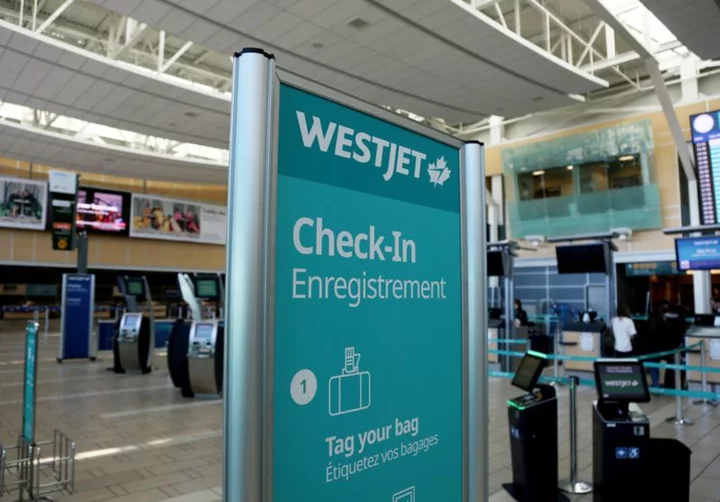By Steven Scheer
JERUSALEM The head of Israel's parliamentary finance committee on Monday called on Bank of Israel Governor Amir Yaron to lower short-term interest rates as one measure to help ease the burden on citizens impacted by the Israel-Hamas war.
"The interest rate increases were due to inflation, and the reality has changed. I turn to the governor: just lower the interest rate," said committee chairman Moshe Gafni during a session to discuss compensation for those impacted by the fighting.
Gafni has been a constant critic of the central bank for raising its benchmark interest rate sharply - to 4.75% from 0.1% in April 2022 - to battle inflation that had peaked this year above a 5% rate. He also believed the Bank of Israel did not push banks enough to pass on rate hikes to customers' savings and checking accounts as quickly as to mortgages and other loans.
Data on Sunday showed the rate eased to 3.8% in September from 4.1% in August, a level still above the government's 1-3% target range.
The next rates decision is due on Oct. 23 and financial markets have begun to price in a rate cut given a view that the war will moderate inflation further.
Gafni also called on banks to waive interest payments and said he was not satisfied with a central bank plan issued on Sunday.
The plan for banks would ease the burden of credit and fees for households and businesses who live and operate within a 30 km range of the Gaza Strip, citizens who were evacuated from their homes by an official state agency, those who were recruited into the reserves, or who are immediate relatives of those killed in the war or kidnapped by Hamas.
Under the plan, loan payments of mortgages, consumer credit and business credit would be deferred without charging interest and without charging fees.
"I also call on Israeli banks in Israel - not to freeze the payments of the residents of the (area surrounding Gaza), but to cancel them," Gafni said, threatening legislation if they don't.
Speaking at the session of the committee, Finance Minister Smotrich also called on banks to do more.
"The banks entered this situation with full coffers and they must share in carrying the burden," Smotrich said. "I don't want to say what will happen if they don't. If it's not done amicably, it will be done through legislation."
(Reporting by Steven Scheer; Editing by Nick Macfie)









